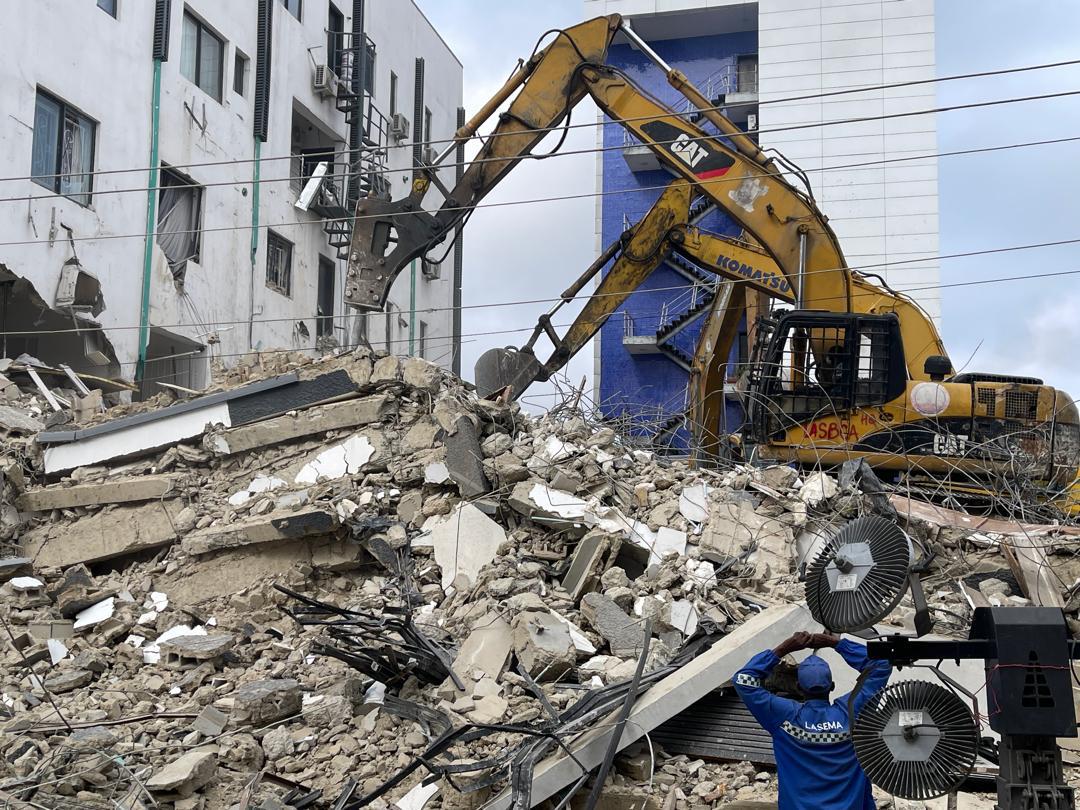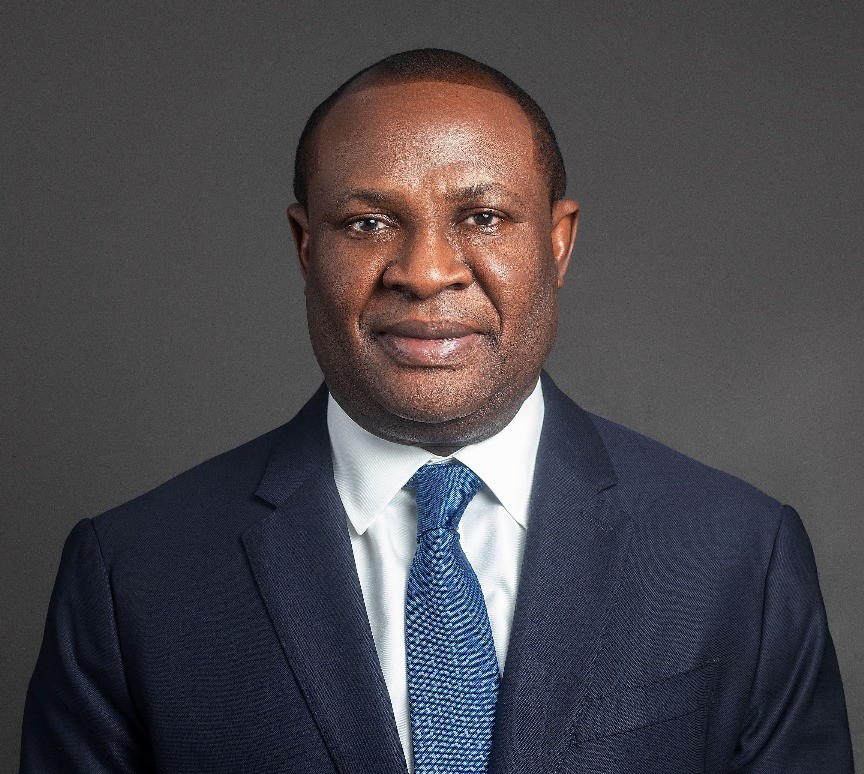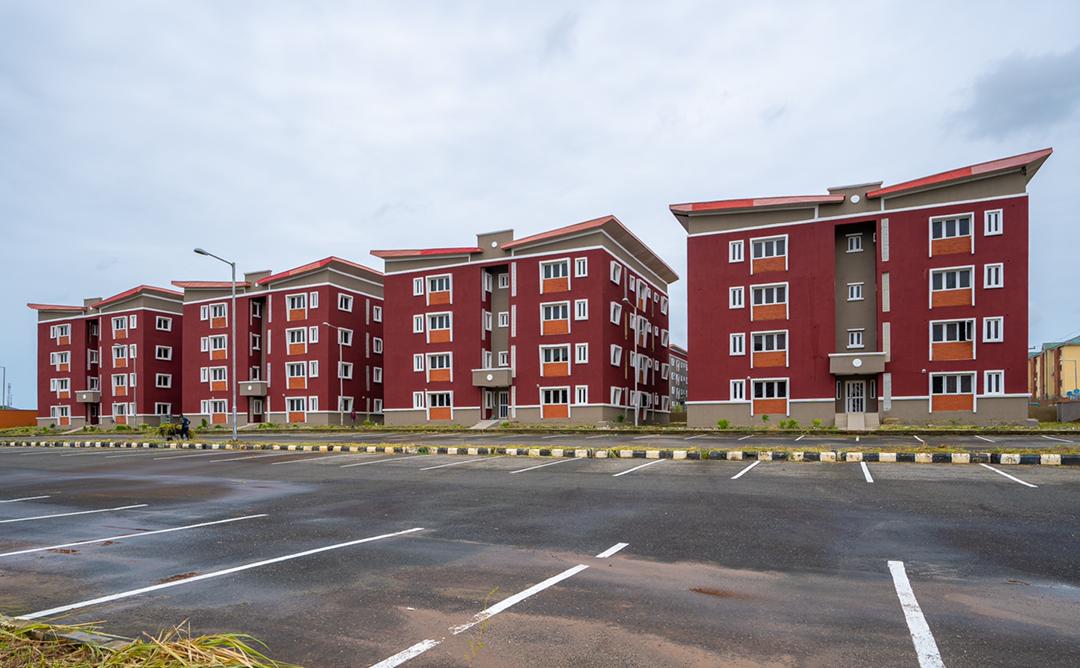Experts have called on the Federal Government to expedite action on the establishment of a unified national regulatory framework for Nigeria’s real estate sector.
They stressed the need for practitioners to rebuild public trust in the profession by aligning with global standards while adapting to local realities, delivering quality services, pursuing excellence, and committing to continuous skills development.
The call was made at the Real Estate Summit 7.0, themed “Building Trust and Driving Excellence in Real Estate Practice: Global Standards, Local Realities,” organised by the Lagos branch of the Nigerian Institution of Estate Surveyors and Valuers (NIESV) for firms and practitioners in Lagos.
Former Managing Director/Chief Executive Officer of Wemabod Estate, Mr Oluyemi Ejidiran, who led the advocacy, urged stakeholders to support the proposed National Real Estate Regulatory Council currently before the Senate.
He explained that the council, once established, would license and regulate developers and other industry operators nationwide, enforce ethical standards, and serve as a watchdog against malpractice. According to him, a unified framework could eliminate the existing patchwork of laws governing real estate practice in the country.
“Whether you’re dealing with a professional in Lagos, Kano, or Port Harcourt, there should be a baseline of professionalism and accountability,” Ejidiran said. “This does not replace the role of professional bodies but complements them. A national regulatory agency provides the structure, while professional bodies continue to build capacity and uphold ethics.”
Ejidiran emphasised the need to modernise land registries and strengthen title assurance systems through full digitisation, noting that investors would only be confident in markets with transparent and reliable data.
He observed that while local realities sometimes diverge from global best practices, the sector must embrace reform. “Our markets need transparency; our fragmented systems need uniform standards; and our informal developments need formality and fairness,” he said. “Let’s rebuild trust brick by brick through policy, practice, and personal integrity. If we do so, Nigeria will soon be seen not as a risky market, but as a thriving, trustworthy destination for investment.”
Chairman of NIESV Lagos branch, Tosin Kadiri, noted that the global real estate industry is evolving rapidly and Nigeria must not be left behind. To remain competitive, he said, practitioners must uphold excellence while recognising the nation’s unique operating environment.
He urged professionals to prioritise client interests, conduct due diligence, and maintain high ethical standards. “Without trust, buyers hesitate, investors withdraw, developers cut corners, and communities suffer,” Kadiri warned. “Driving excellence requires staying updated on global best practices, leveraging technology, strengthening legal frameworks and title registration, enhancing transparency, and protecting consumers.”
He further called for innovative financing and affordability models, stronger public-private partnerships, capacity building, and better infrastructure integration to restore public confidence in the sector.
Chairman of the occasion and former NIESV president, Mr Emeka Eleh, cautioned that the industry would struggle to attain excellence unless practitioners fine-tune their processes and better understand market needs.
He noted that where trust and integrity thrive, investment follows, but the absence of trust breeds suspicion and discourages growth. “No matter the local realities, practitioners must adhere to standards; it is the foundation of progress,” he said.
In his keynote address, Managing Director of UPDC Plc, Mr Odunayo Ojo, urged estate surveyors and valuers to adopt principles of excellent service delivery built on integrity, transparency, quality control, competence, innovation, and reliability.
Ojo also identified key global standards that could be integrated into local practice, including environmental, social and governance (ESG) principles, adoption of technology and artificial intelligence, robust data systems, improved access to information, and excellence in regulatory compliance. “Excellence means delivering ordinary things in extraordinary ways,” he said. “That is how we will bridge the trust deficit and position Nigeria’s real estate sector as a model for others.”






